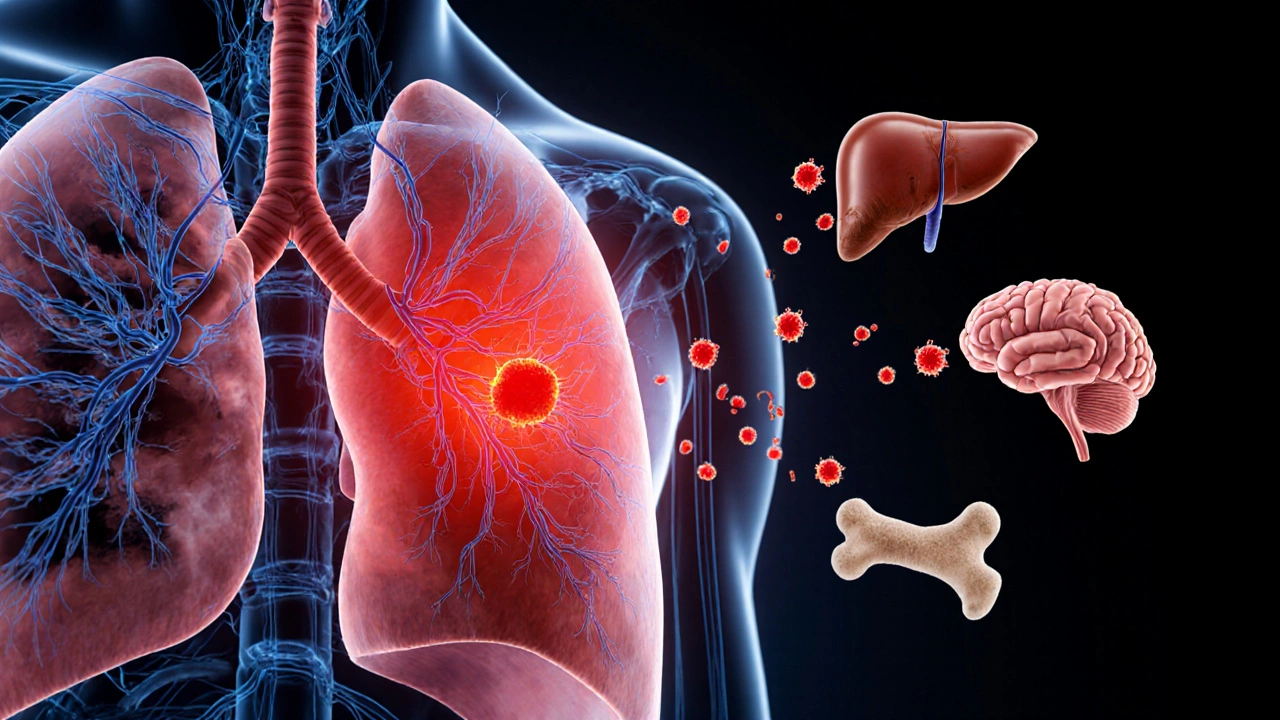Curative Therapies: What Works, What Doesn’t, and How to Choose
When talking about Curative Therapies, medical approaches aimed at eliminating or permanently controlling disease, also known as curative treatments, the goal is clear: stop the problem from coming back. These therapies can be surgical, drug‑based, lifestyle‑oriented, or even rooted in traditional systems. They differ from palliative care, which mainly eases symptoms, because curative options aim for lasting remission or full recovery.
Key Areas of Curative Therapies
One major branch is the Cancer Cure, strategies ranging from surgery and radiation to immunotherapy that aim to eradicate malignant cells. Modern immunotherapy, for example, trains the immune system to recognize and destroy tumor cells, while targeted drugs block specific pathways that cancers need to grow. Another important slice is Ayurvedic Therapy, traditional Indian practices that use diet, herbs, and lifestyle changes to balance the body’s energies and promote healing. While not a substitute for surgery in aggressive cancers, Ayurveda can support digestion, reduce inflammation, and improve overall resilience, making it a complementary piece of a broader curative plan. Weight management also plays a curative role in conditions like type 2 diabetes and fatty liver disease. The latest Weight Loss Medication, prescription drugs such as GLP‑1 agonists that help reduce appetite and improve metabolism has shown remission rates comparable to some surgical options for diabetes. When paired with diet and exercise, these meds can be a decisive curative tool for metabolic disorders. Lastly, mental well‑being can’t be ignored. Mental Health Therapy, structured counseling or psychotherapy that addresses emotional and cognitive patterns often underpins successful recovery from physical illness. Studies show that patients who engage in therapy report better adherence to treatment, faster wound healing, and lower relapse rates. In short, curative therapies require a blend of evidence‑based medicine, lifestyle support, and psychological care. Across these examples, we see three clear relationships: curative therapies encompass specific treatments like cancer cure; they require rigorous evaluation of safety and efficacy; and they are enhanced by complementary practices such as Ayurveda, weight loss medication, and mental health therapy. Understanding how these pieces fit helps you weigh options, set realistic expectations, and choose a path that aligns with your health goals. Below you’ll find a curated list of articles that dig deeper into each of these areas—real‑world guides on cancer treatment breakthroughs, Ayurvedic diet tips, the newest weight‑loss drugs, and practical advice for mental‑health support. Use them to build a full picture of what curative therapies can offer you today.




